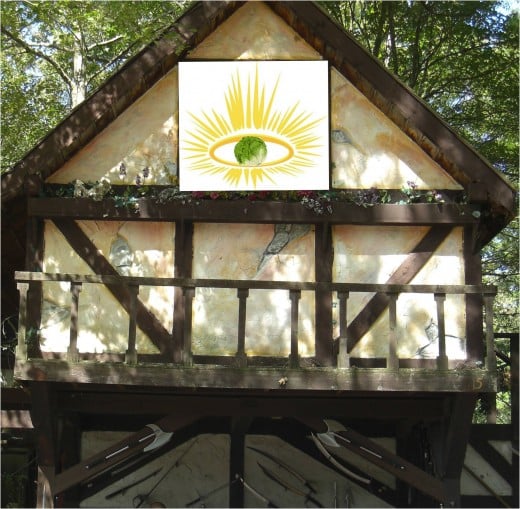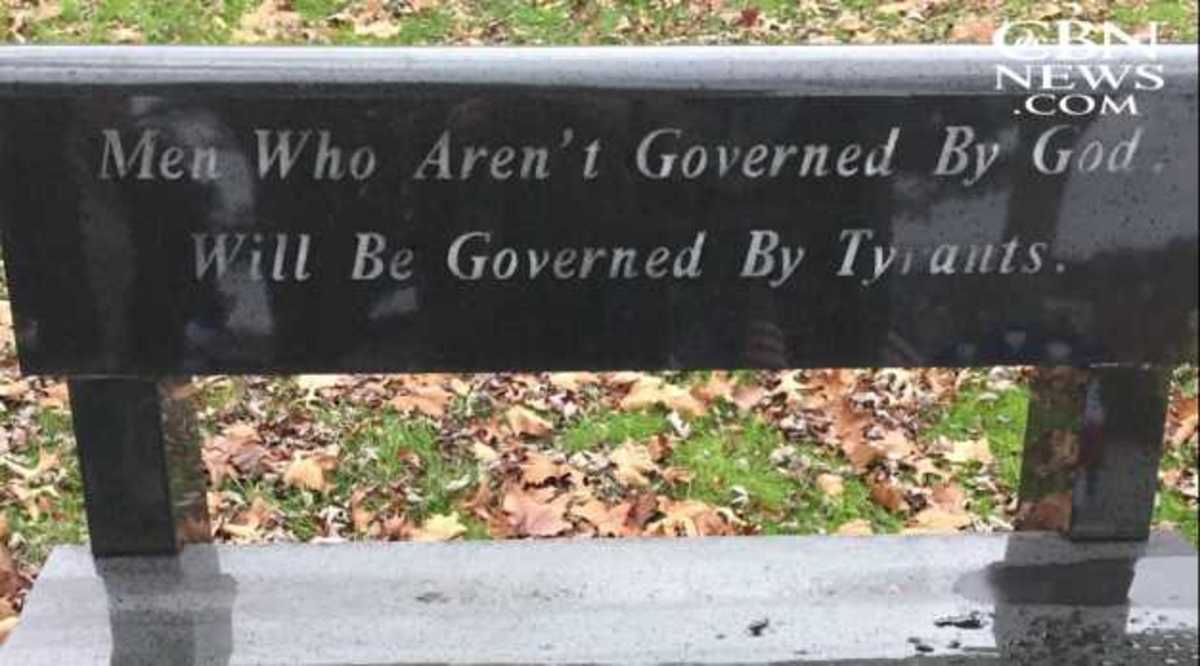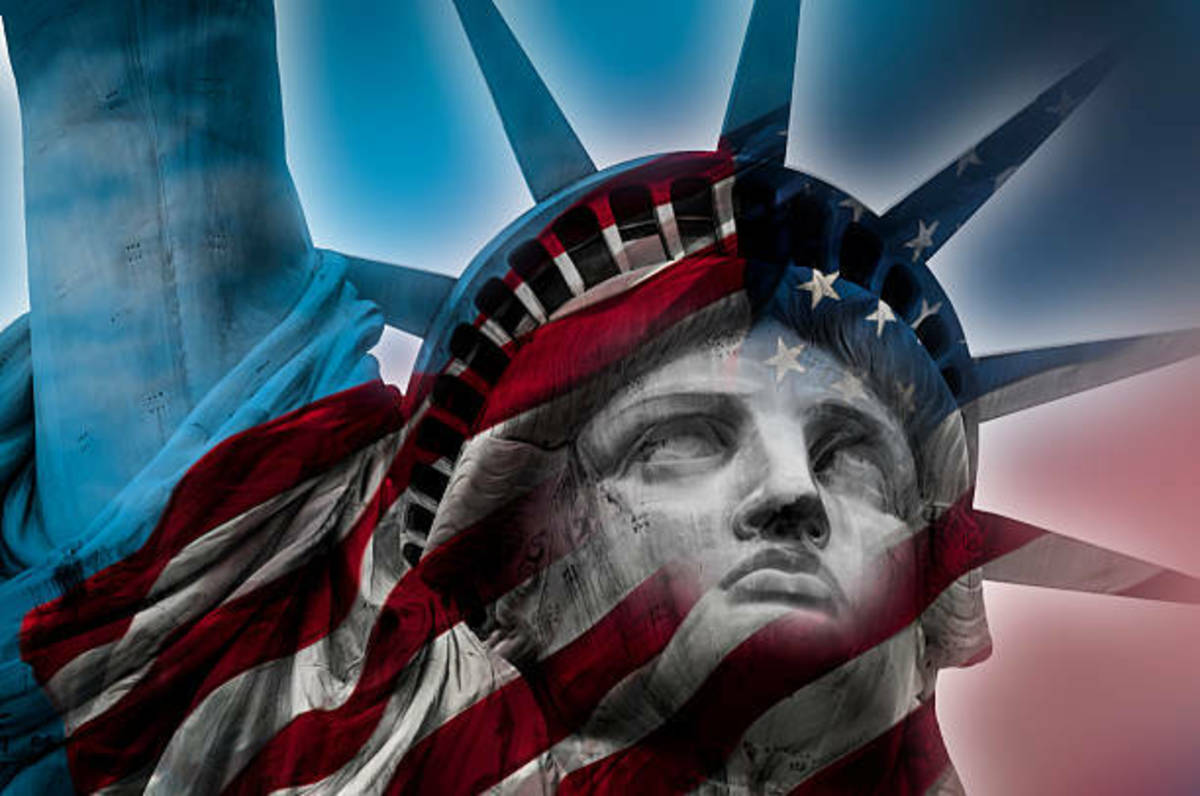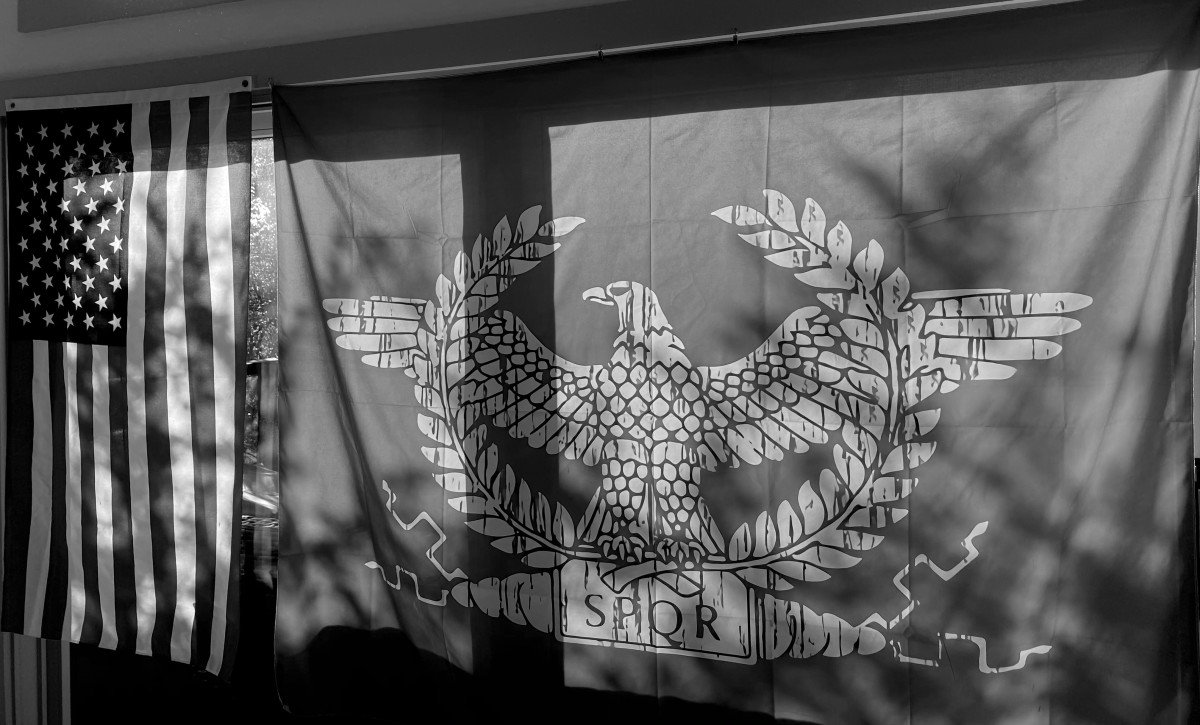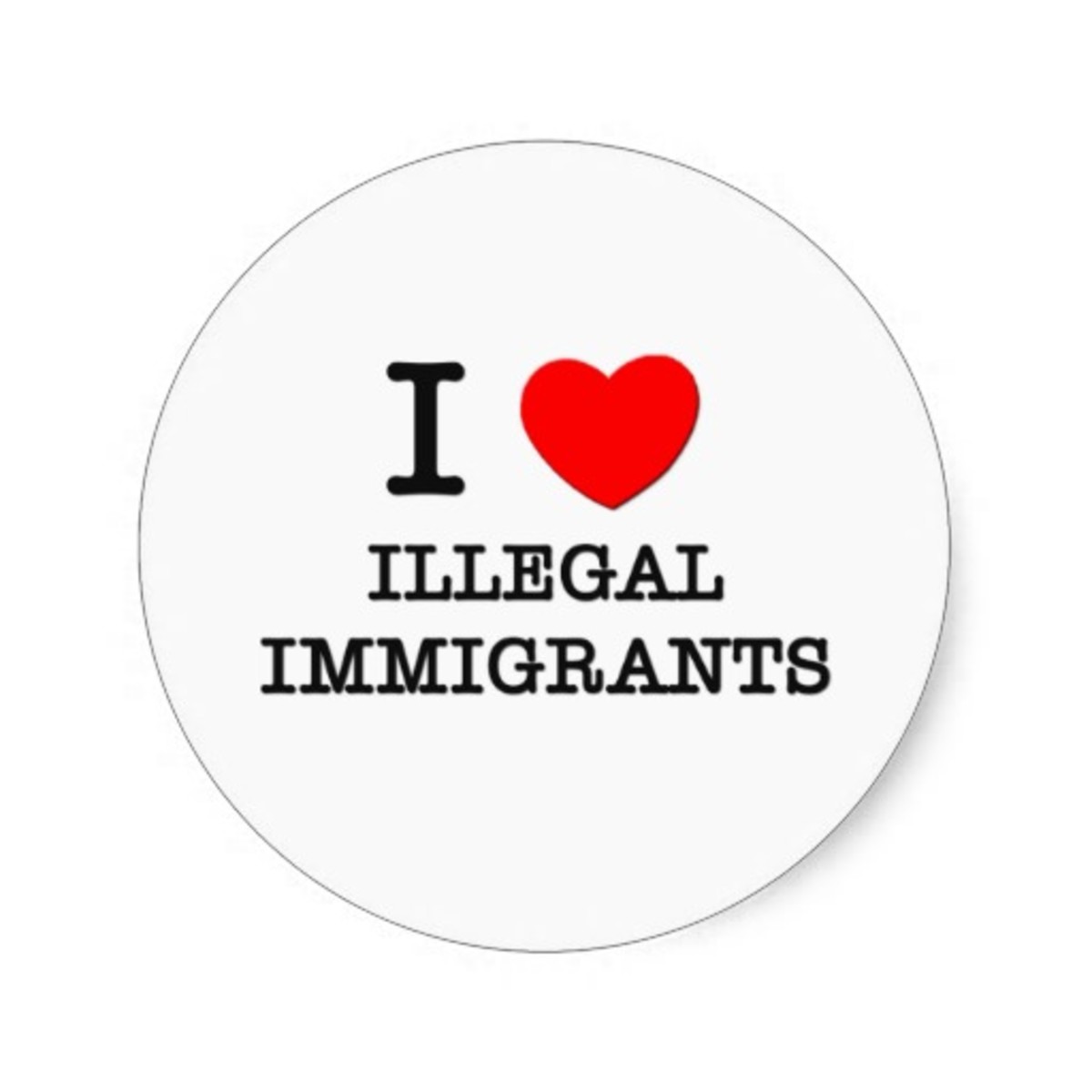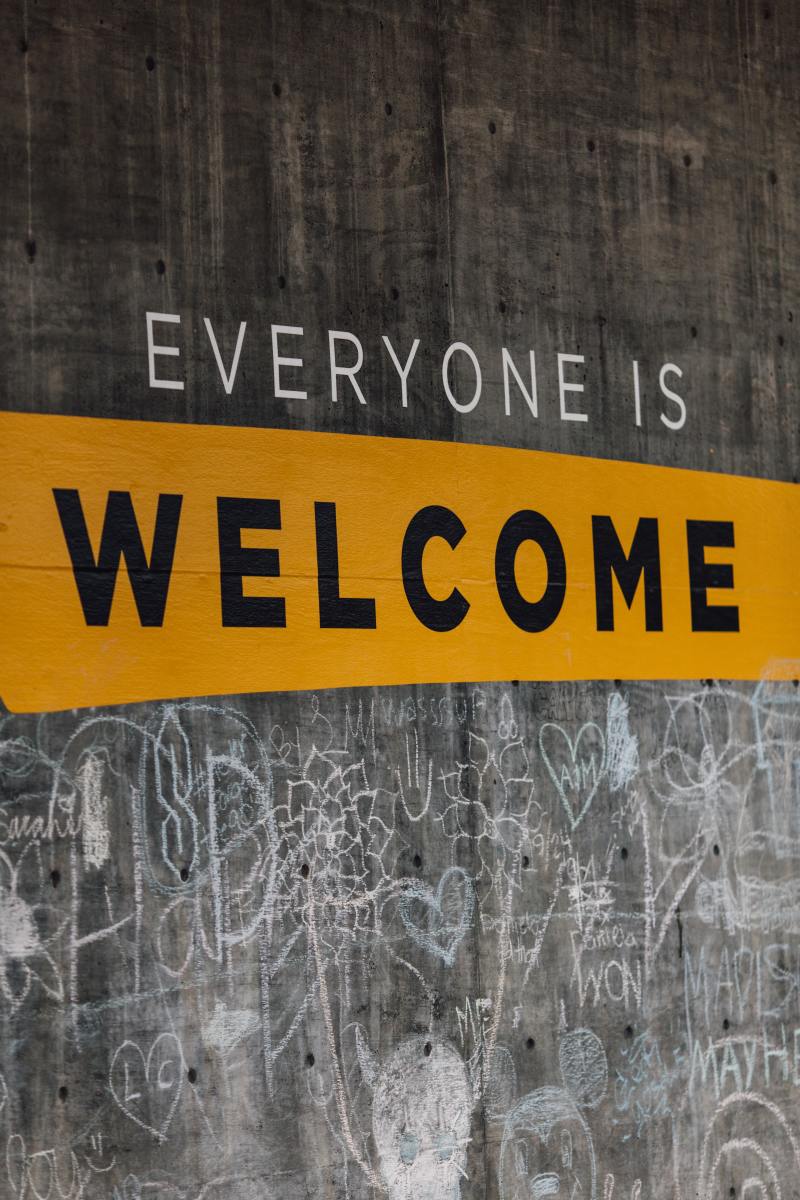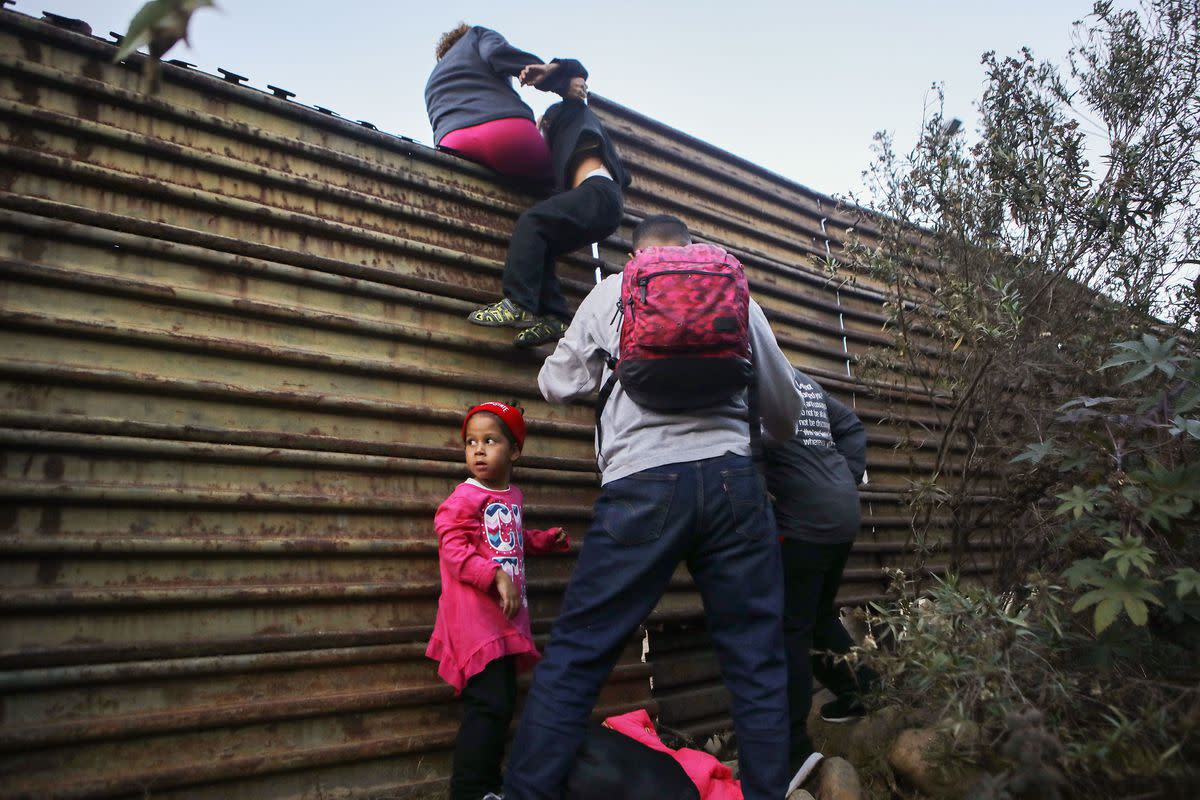The Cultural Suicide of the Republic of Ventosa: a Parable for Our Times
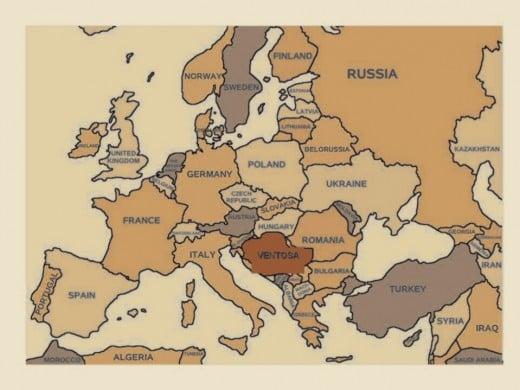
There once was a nice little country called "Ventosa" in southern Europe (actually it's still there physically but that's about it). Anyway Ventosa is (was) a very old country with a proud people with time-honored traditions. As a Christian country, Ventosa had lots of pretty churches, many with beautiful works of art inside them. Although occupied by the Nazis during World War II, the country suffered little damage. Their capitol city, Cucuzza, was spared major damage and was not bombed. After the war, the Ventosan government decided to guarantee a "good life" for all its citizens by creating, in effect, a giant welfare state. The dominant political party, the Equality and Tolerance Party, won virtually all major elections promising peace and prosperity through socialism. Before long, people were enjoying free health care, a 30-hour work week, eight-week paid vacations, and 75% pensions when retiring at 50. Of course, this cost a lot of money so taxes were very high, but most Ventosans figured "the rich" were paying most of the taxes so what did they care? Life was good.
As time went on, several things became apparent. Many of "the rich" became tired of the high taxation and regulation and started to leave the country, taking their fortunes with them. Most went to America where they got into business and did well. At the other end of the spectrum, the less wealthy got most of what they needed from the government so many of the "common folk" refused to do jobs requiring manual labor. Another trend became apparent as Ventosans were not replacing themselves as large families were no longer in vogue. (Ventosa was one of the first European nations to legalize homosexual marriage so, naturally, this contributed to the low birthrate.) Thus tax revenues were lessened and jobs were going unfilled. Immigration became the answer.
Many miles to the southeast of Ventosa was a poor country known as Moogooland. The Moogoos were also a proud people but suffered under a corrupt government and living conditions were terrible. Many Moogoos emigrated to Ventosa, attracted to the welfare state and tolerance practiced there. Trouble was, Moogoos and Ventosans had little in common and the Moogoos were reluctant to assimilate. The Moogoo religion, known as Bongo-Bongo, held that God was a giant head of lettuce named Leroy and that all other religions offended Leroy so they had to be stamped out. This naturally caused friction between the Moogoos and the native Ventosans. (For instance, the Bongo-Bongo religion forbids all religious symbols other than its own so Moogoos started to complain about the many crosses on churches. The Equality and Tolerance Party, mindful of being called "bigots," passed law outlawing crosses on buildings so Moogoos would not be "offended.")
In addition, Ventosa had many wild turkeys and so turkey became the national food for all intents and purposes. Unfortunately, Moogoos believe turkeys to be evil birds, and started stealing turkeys for ritual sacrifice in Bongo-Bongo temples. When Ventosans started to complain, they were reminded that this was, after all, part of the Moogoo culture, so it had to be tolerated. Eventually turkey meat was removed from supermarkets least Moogoo shoppers be offended. (Today restaurants that still serve turkey have to have expensive exhaust systems to clear the air so that Moogoos walking by won't be offended by the smell.) An interesting aside, the favorite holiday of Ventosan-Americans is Thanksgiving, both for the food and thanks for getting the hell out of Ventosa. Another source of friction was the Moogoo custom of making their woman wear goatskin dresses, which smelled terrible, causing people to avoid Moogoo women as much as possible. Again the government stepped in and made holding your nose illegal around Moogoo women in order for them not to be offended.
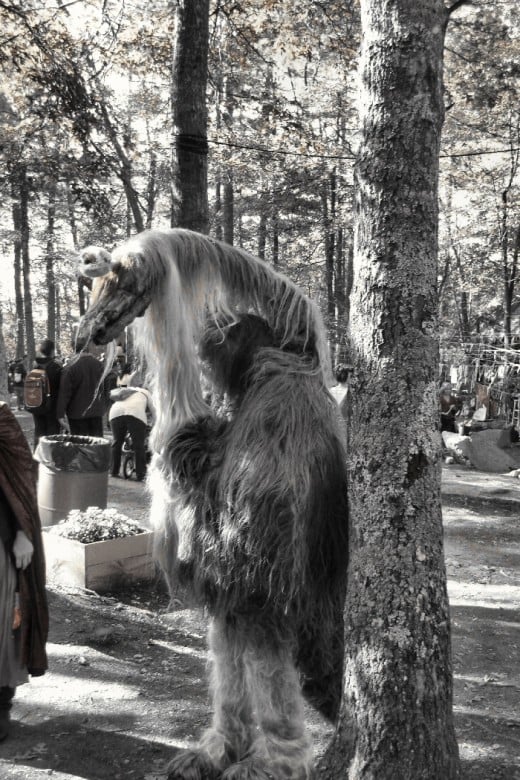
At the same time, the government was finding it harder and harder to fund the welfare state and decided to cut benefits back somewhat. This caused riots in the streets by both Ventosans and Moogoos with violent confrontations over who deserved more. (This was especially true in the Moogoo-dominated suburb of Cucuzza known as Tuttta Schivosa.) Some Ventosans formed anti-immigrant political parties chanting slogans such as "Ventosa for the Ventosans" but they were quickly branded as "racist" and "bigots" and were marginalized. Indeed, the European Union went so far as to threaten economic sanctions if Ventosa ever elected an anti-immigrant government.
Eventually the Moogoos outnumbered the Ventosans and soon dominated government. Inevitably Bongo-Bongo law became the law of the land. Crosses were burned, churches were converted to temples, the art works on the walls were defiled, and millions of turkeys were destroyed in ritual slaughters, while goat-skin-wearing Moogoo women danced around the carcasses. Tourists traveling to newly-named Bongo-Bongo Republic of Ventosa have commented that it is almost impossible to distinguish Ventosa from Moogooland. (In fact it is almost impossible to find many native Ventosans as many have left).
Today there are more Ventosans outside the country than within but, due to assimilation, Ventosan culture (including the language) is dying out. Meanwhile practitioners of Bongo-Bongo are spreading rapidly including here in America. The nest time you pass a Bongo-Bongo temple, say, in south Jersey (look for the big head of lettuce on the roof), think about the one-time, beautiful Republic of Ventosa. And don't say, "it can't happen here . . ."
